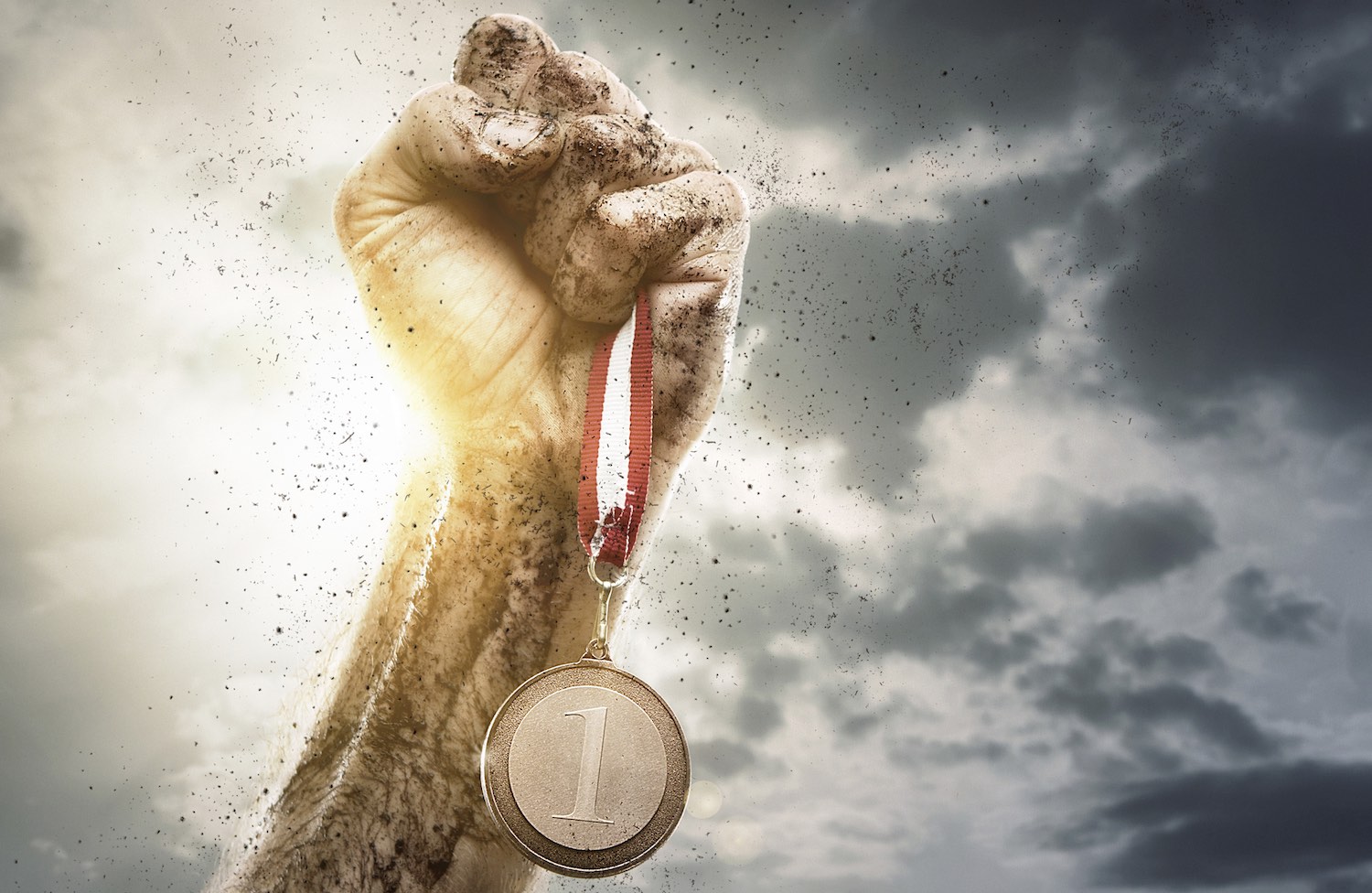
"Let’s make our nation great again!”
It’s a slogan that has been flung around in both the UK and American political scene in recent weeks. And it’s a hope in the hearts of many who will be glued, like me, to the Olympics for the next few weeks. We will marvel at the brilliance and dedication of athletes, and discover the thrill of watching sports we would never consider on any other occasion: race walking, dressage and synchronized swimming.
And we’ll see the regular appearance of the medal table. Small countries will celebrate when one of their athletes wins a medal of any color. But larger countries will take pride in being up near the top, or start the hand wringing early if their team falls below expectations. And of course, there are those that, ahem, have sought greatness in the medal stakes through methods more foul than fair. The illusion of greatness can be as powerful as the real thing.
But what truly makes a nation great?
It’s a good question for me, coming from a country that had the chutzpah to include the word “Great” in its name. But it’s an important question for all of us.
We’re all attracted to greatness. It’s a quality that we strive for in ourselves in small ways. Whether it’s in something we cook, or how we play a musical instrument, or how we perform at work, or how we help, encourage or nurture others—to hear someone say “You’re great at that!” gives us the warm fuzzies.
But whatever our personal achievements, we all feel a sense of pride at being part of something great. When our runner wins the marathon, we feel the connection and the joy—we share the glory with them. We want to be part of a great nation that is respected and looked up to.
It’s a creeping yet indefinable sense of decline that has made the “Let’s make our nation great again” slogan such a powerful piece of rhetoric. Ask any group of people, and you are likely to get a wildly varied response to what this decline includes. Immigration. Our spending power. The price of housing. The availability of jobs. Pension and health provision. All these and more are made the basis of a voting decision to someone who promises to “make us great again”. Older people reflect with rose-tinted nostalgia on how “great” things were back in the day. Younger people are filled with hope for a more rapid climb to the life of comfort and ease they aspire to.
As Christians, we look to a different place to define what greatness is.
As Christians, we look to a different place to define what greatness is. Not to athletic achievement, or possessions, or the retail price index, or to our ability to save and spend on what we like—but to Jesus, who said:
"Whoever wants to become great among you must be your servant.” - Matthew 20 v 26
And to God’s word, which says:
“Godliness makes a nation great, but sin is a disgrace to any people.” - Proverbs 14:34 (NLT)
We make the mistake of thinking that greatness is about being wealthy, secure and politically free. And yet Jesus, our master, was none of these things.
He died with virtually no possessions, and yet he was wealthy in ways we can scarcely understand. He chose an insecure life of itinerant preaching, misunderstood and hounded by his persecutors, and yet there was no one ever more secure, because he knew he was in his father’s will. He lived under the oppression of an occupying power, and a corrupt government and legal system, and yet he was the most free person who ever lived—free to love, free to serve, free because God’s truth sets you free from the fear of men.
Of course, our nations need governing. There remain big economic and social choices to make, and Christians will differ over which approach they prefer. But let’s never believe the lie about greatness.
A more open or more closed economy may make us more wealthy—but it is what we do with that wealth that determines true greatness.
A new approach to domestic or foreign policy may make us more physically secure, but the only security that ultimately matters is the security of knowing our sins are forgiven through Jesus.
“Taking back control” may give us more freedom, but true greatness will be determined by what we do with that freedom. And in any case, it is not to be compared with the freedom that is ours when we believe the truth about Jesus.
I’m genuinely hoping for some thrilling Olympic moments. As a kid, I watched open mouthed at Bob Beamon’s mighty leap at the Mexico Olympics. I thrilled at Nadia Comaneci’s perfect 10s at the Montreal games, and at countless other Olympic high points over the years. I blinked and missed Usain Bolt’s world record 100m at Beijing in 2008.
But true greatness only belongs to one person—and those who by grace have been welcomed into his Kingdom are the only ones who get to share it.
Join the conversation and comment below. You can also like us on Facebook, follow us on Twitter, subscribe to our YouTube Channel, and download The Good Book Company App straight to your phone or tablet.